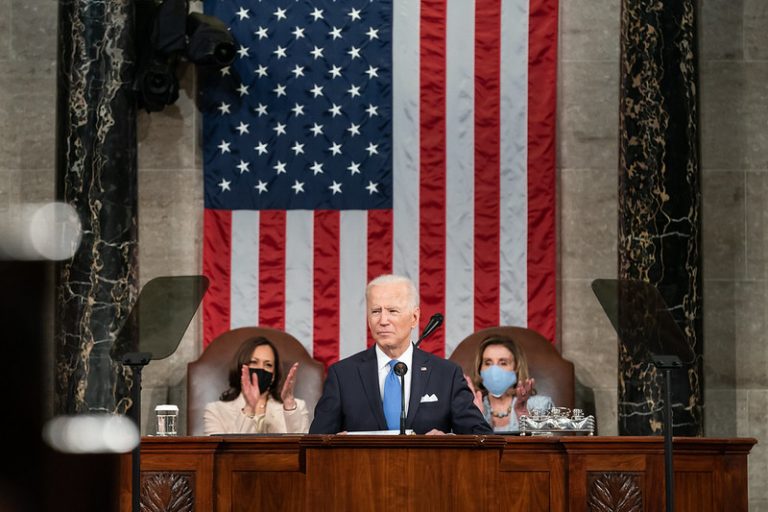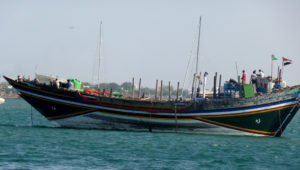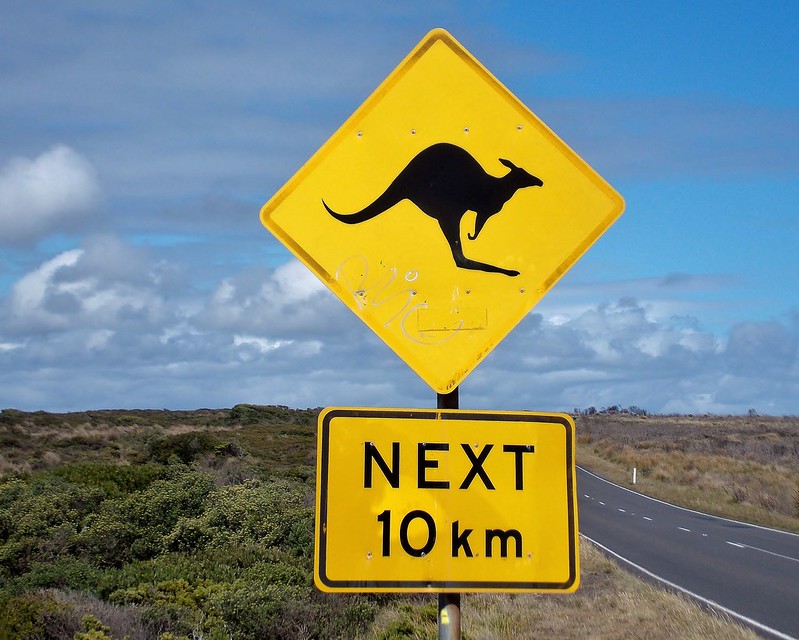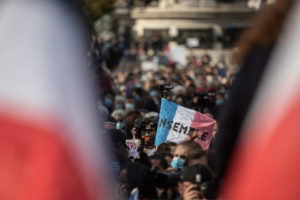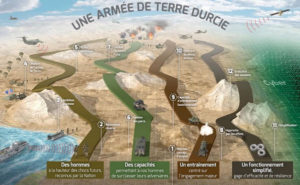Letter from La Vigie dated 22nd Dec 2021
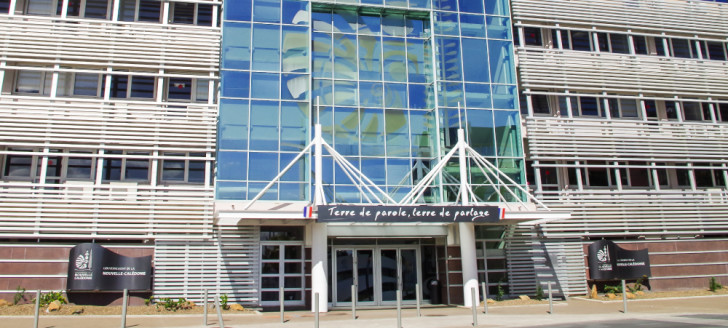
France and the full strategic exercise
To close this year and feed the strategic debate of the presidential elections, here are the four logics that structure the strategic posture of France at the end of 2021: the neighbours, the competitions, the frictions and the cold wars. In the post-Covid world that is opening up, should we keep this outdated 20th century software? Can we explore a new one to enable France in Europe and Europe in the world to propose another point of balance, free from the rivalry between the United States and China? Will the year 2022 be a milestone in France’s strategic history or a reactivation of its previous actions?
To read the article, click here
New Caledonia: what now?
The last referendum logically – and legitimately – decided to keep New Caledonia in the French nation. However, there is still a destiny to be built, as the rock remains divided: these divisions resemble many others, including in metropolitan France. Beyond that, it is a Pacific strategy for France that must be built.
To read the article, click here
Lorgnette: sustainable coexistence
The experience of peoples forges the social capital that allows them to be governed. America comes from the conquest of the West and prosperity, China from the idealised Tianxia and prescribed harmony, Europe from the banishment of internal struggles after devastating tragedies. The result is three strategic trajectories that are not convergent today, even if an essential model of Western governance is seen as universal. The Asian model is therefore seen as alternative and therefore antagonistic. But what humanity would gain from political unification would deprive it of the pluralism whose richness comes from accepted diversity.
Here is a lesson from Jean Marie Guéhenno’s latest book, “Le premier XXIe siècle” (here) that LV recommends. His groping but rigorous approach denounces the harebrained triumphalism of a democratic West today in a deep identity crisis that is blinded by a Chinese obsession and wants to unify the world. Just as China wanted to take the best of the West to keep the best of China, should the West not take the best of China to save the best of the West, which is assumed pluralism? To be explored and meditated upon.
Subscribers: click directly on the links to read online or download the pdf issue (here), always with your login/password. New readers: read the article by issue, by clicking on each article (€2.5), or subscribe (discovery subscription €17, annual subscription €70, orga. subscription €300 excl. tax): here, the different options.
JOCV
Photo credit : Gouv NC
